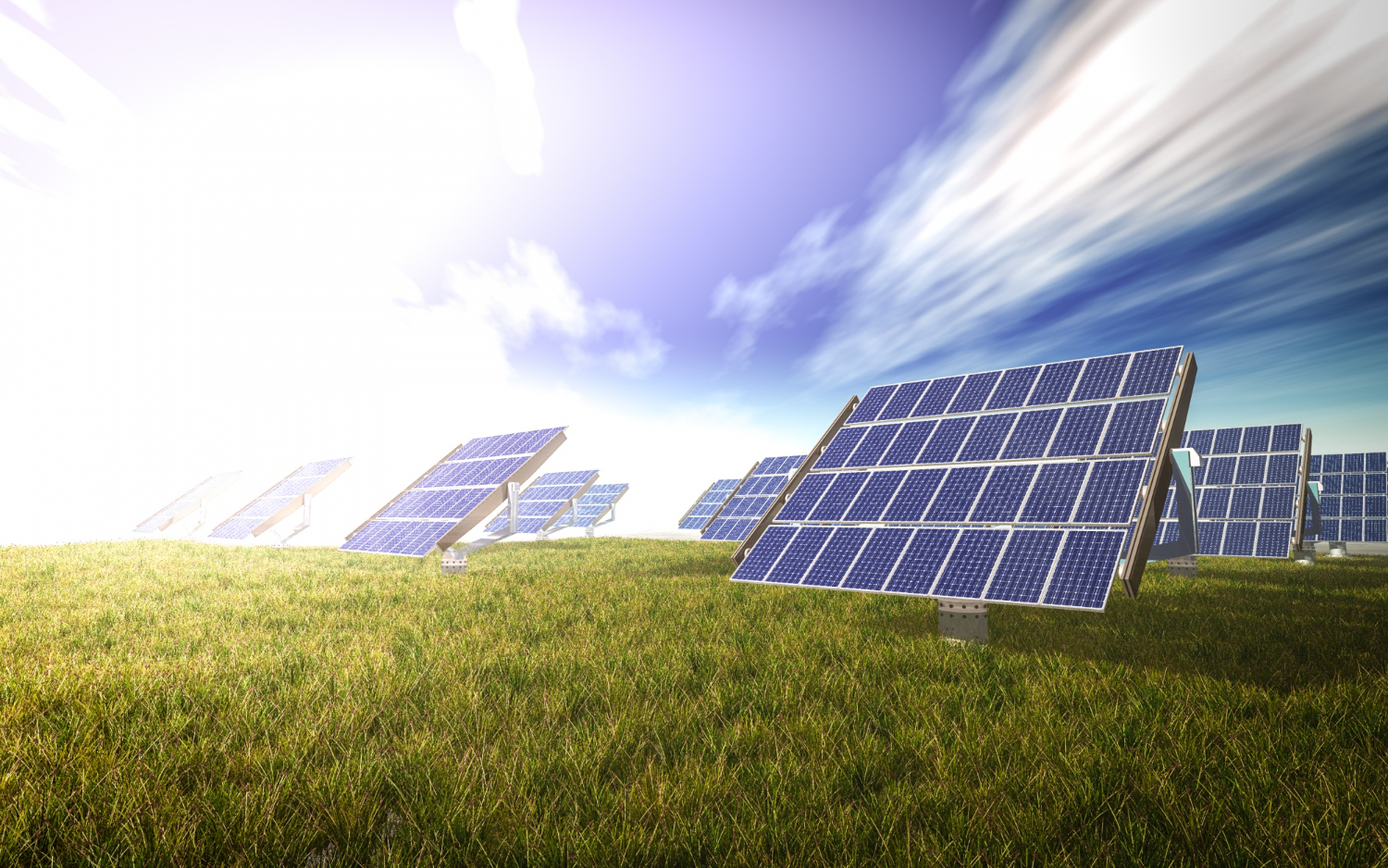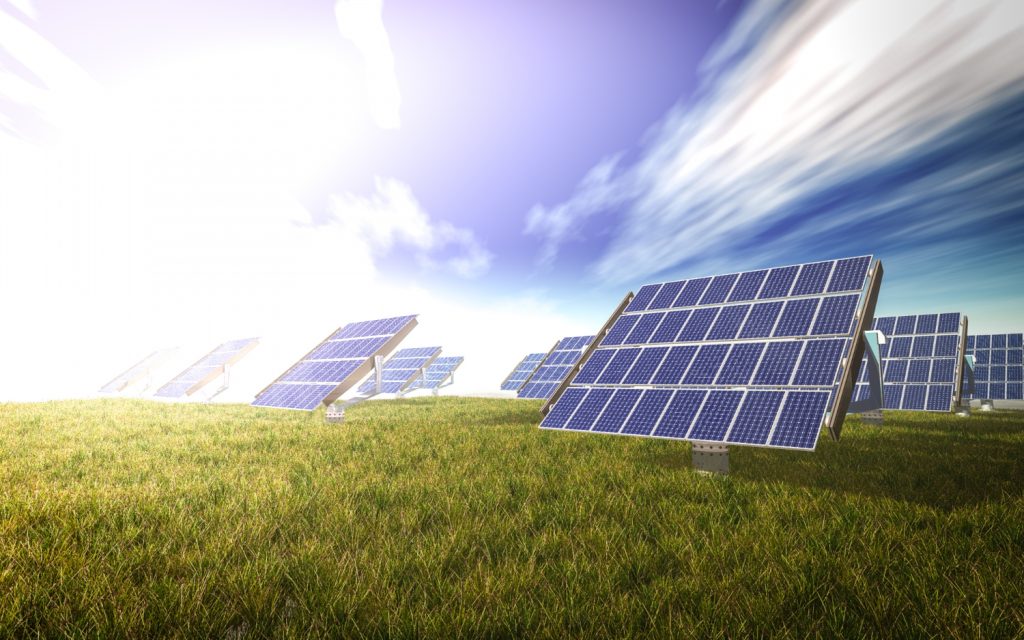
09 May Roadmap to Sustainable Solar Systems for Kenyan Homes
Kenya is increasingly turning to solar energy as a sustainable and reliable source of power for homes. With the rapid rise in energy demands and the country’s commitment to reducing its carbon footprint, sustainable solar systems have become an essential part of the energy mix. This article provides a practical guide for Kenyan homeowners looking to embrace solar power and highlights the benefits of integrating sustainable solar solutions.

Understanding Sustainable Solar Systems
Sustainable solar systems are designed to provide clean, renewable energy while minimizing environmental impact. These systems utilize solar panels to capture sunlight and convert it into electricity, which can be used to power homes. By using solar energy, homeowners can reduce their reliance on fossil fuels and help contribute to Kenya’s green energy future.
Assessing Your Home’s Solar Potential
Before installing a solar system, it is crucial to assess your home’s solar potential. This includes evaluating factors such as your location, roof orientation, shading, and energy consumption patterns. Homes in areas with high sun exposure, like northern and eastern Kenya, typically have better solar potential. Conducting an energy audit can help determine your current usage and allow you to choose a system that fits your needs.
Choosing the Right Solar Panels
When selecting a solar system, choosing the right solar panels is essential. Panels come in different types, including monocrystalline, polycrystalline, and thin-film. Monocrystalline panels are the most efficient and durable, making them ideal for residential installations. They are slightly more expensive initially but offer better performance and longer lifespans, making them a smart investment.
Role of Inverters and Batteries
For your solar system to work effectively, it requires two key components: inverters and batteries. The inverter converts the direct current (DC) produced by the solar panels into alternating current (AC), which powers most household appliances. Batteries, on the other hand, store the excess energy generated during the day for use during the night or cloudy periods. It’s essential to invest in high-quality inverters and batteries to ensure reliable, consistent power supply.
Financing Solar Systems
Although the initial cost of setting up a solar system can be a barrier for many homeowners, there are various financing options available to make solar energy more affordable. Pay-as-you-go systems and solar leasing agreements allow homeowners to spread the cost over time, making the transition to solar power more accessible. Many organizations, including Spenomatic Solar, offer flexible payment plans, helping homeowners switch to sustainable energy without the financial strain.
Installation and Maintenance
Proper installation is critical to the performance and longevity of a solar system. It is vital to work with certified professionals to ensure all components, solar panels, inverters, and batteries, are installed correctly. Regular maintenance is equally important to keep the system running smoothly. Routine checks, cleaning the panels to remove dirt and debris, and monitoring the system’s performance will help maximize its efficiency and lifespan.
Maximizing Energy Efficiency
To get the most out of your solar system, you should also focus on energy efficiency in your home. Simple steps like using energy-efficient appliances, turning off lights when not in use, and insulating your home to reduce energy loss can help lower your energy consumption. By adopting energy-saving habits, you’ll not only reduce your electricity bills but also extend the life of your solar system.
Solar Water Heating Systems
In addition to generating electricity, solar energy can be used to heat water for your home. Solar water heating systems are a great way to reduce energy costs, especially for homes with high water heating needs. These systems use solar thermal collectors to capture sunlight and heat water, offering a sustainable and cost-effective solution for your household.
Government Incentives for Solar Adoption
The Kenyan government has introduced several policies to promote the adoption of renewable energy sources, including solar. These incentives include tax breaks, subsidies, and favorable tariffs for solar power systems. Homeowners can take advantage of these government initiatives to reduce the initial installation costs, making solar energy even more accessible.
Conclusion
Sustainable solar systems provide Kenyan homeowners with a reliable and environmentally friendly energy solution. From assessing solar potential to choosing the right panels and financing options, homeowners can make informed decisions to integrate solar power into their homes. With the help of experienced providers like Spenomatic Solar, Kenya is well on its way to embracing clean, renewable energy and reducing its carbon footprint.
FAQs
1. What are the benefits of switching to solar power?
Switching to solar power offers numerous benefits, including reduced energy bills, lower carbon emissions, and reliable access to energy. Solar systems can also increase the value of your property and provide energy independence.
2. How can I finance a solar system installation?
Several financing options are available, including pay-as-you-go systems, solar leasing, and microfinance platforms. Companies like Spenomatic Solar offer flexible payment plans, making solar power accessible to homeowners without the need for upfront payment.
3. How long do solar systems last?
Solar systems typically last between 25 to 30 years. With proper maintenance and care, solar panels, inverters, and batteries can perform efficiently for many years, providing consistent and reliable energy.
4. What makes Spenomatic Solar different from other providers?
Spenomatic Solar offers tailored solar solutions that are designed to meet the unique energy needs of Kenyan homes. With their expert installation services and flexible financing options, Spenomatic Solar makes it easier for homeowners to transition to renewable energy without the financial burden.
5. How do I know if my home is suitable for a solar installation?
Spenomatic Solar provides consultations to evaluate your home’s solar potential. They assess factors like location, roof orientation, and shading to determine the best solar solution for your needs, ensuring maximum efficiency and performance.


No Comments